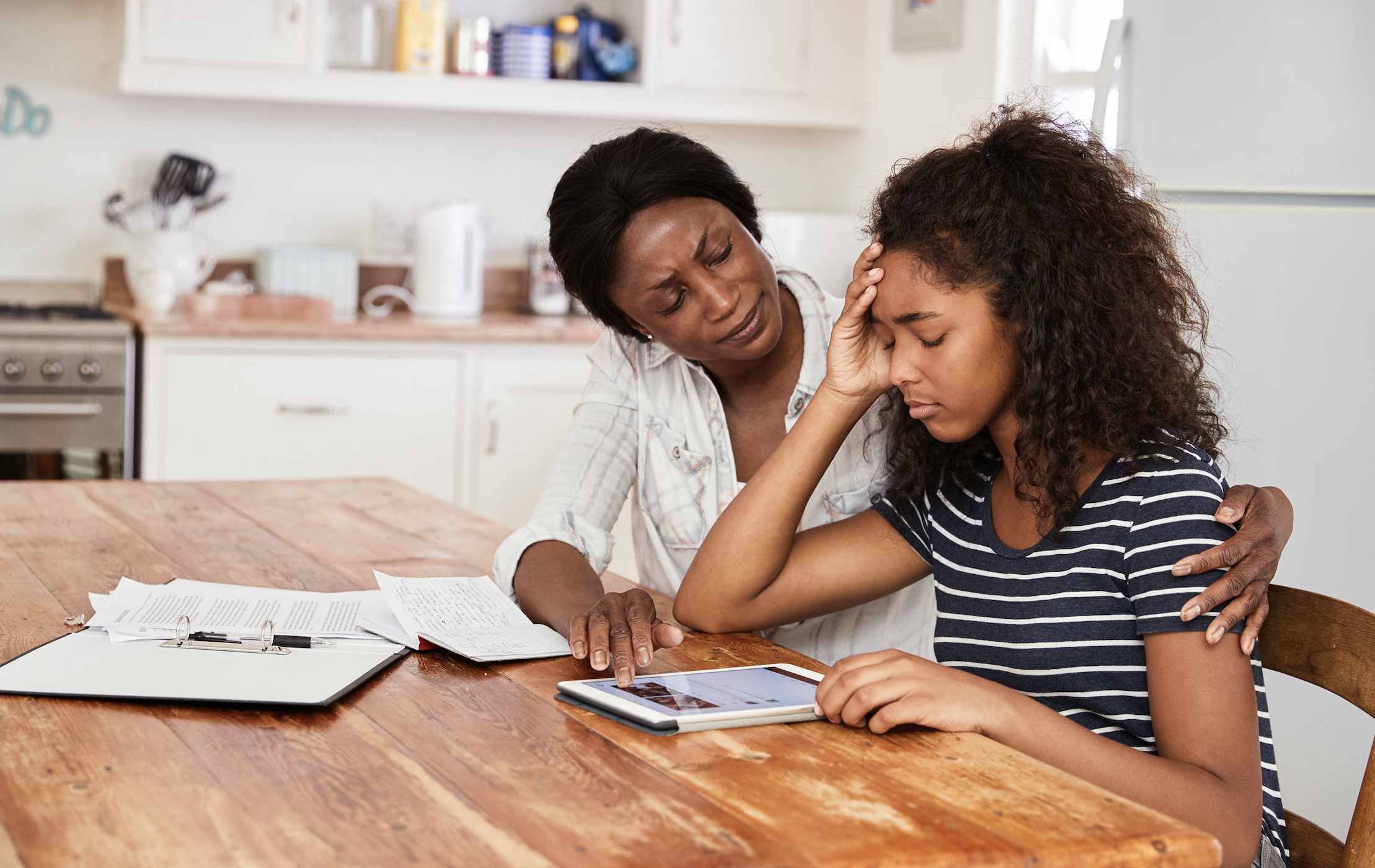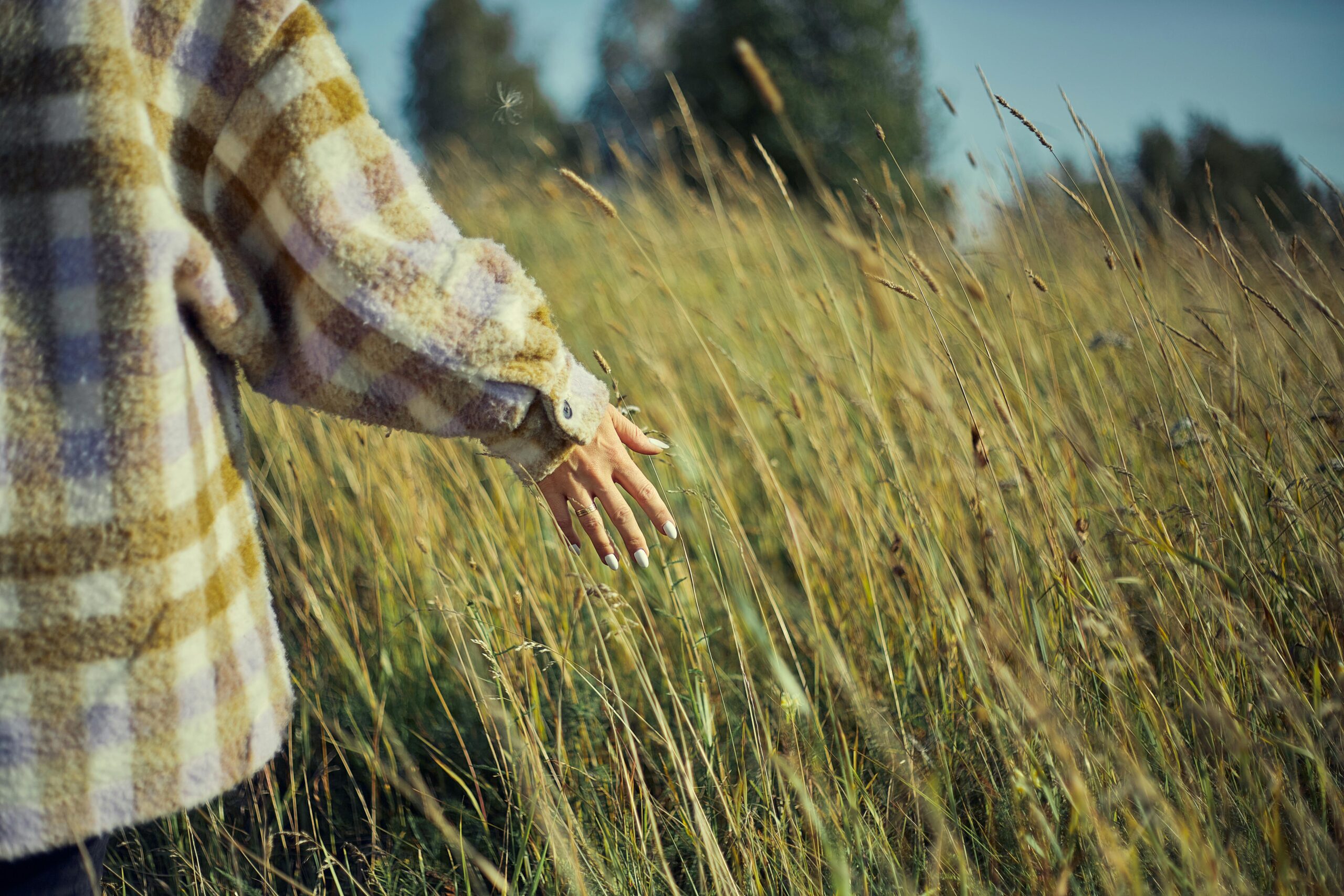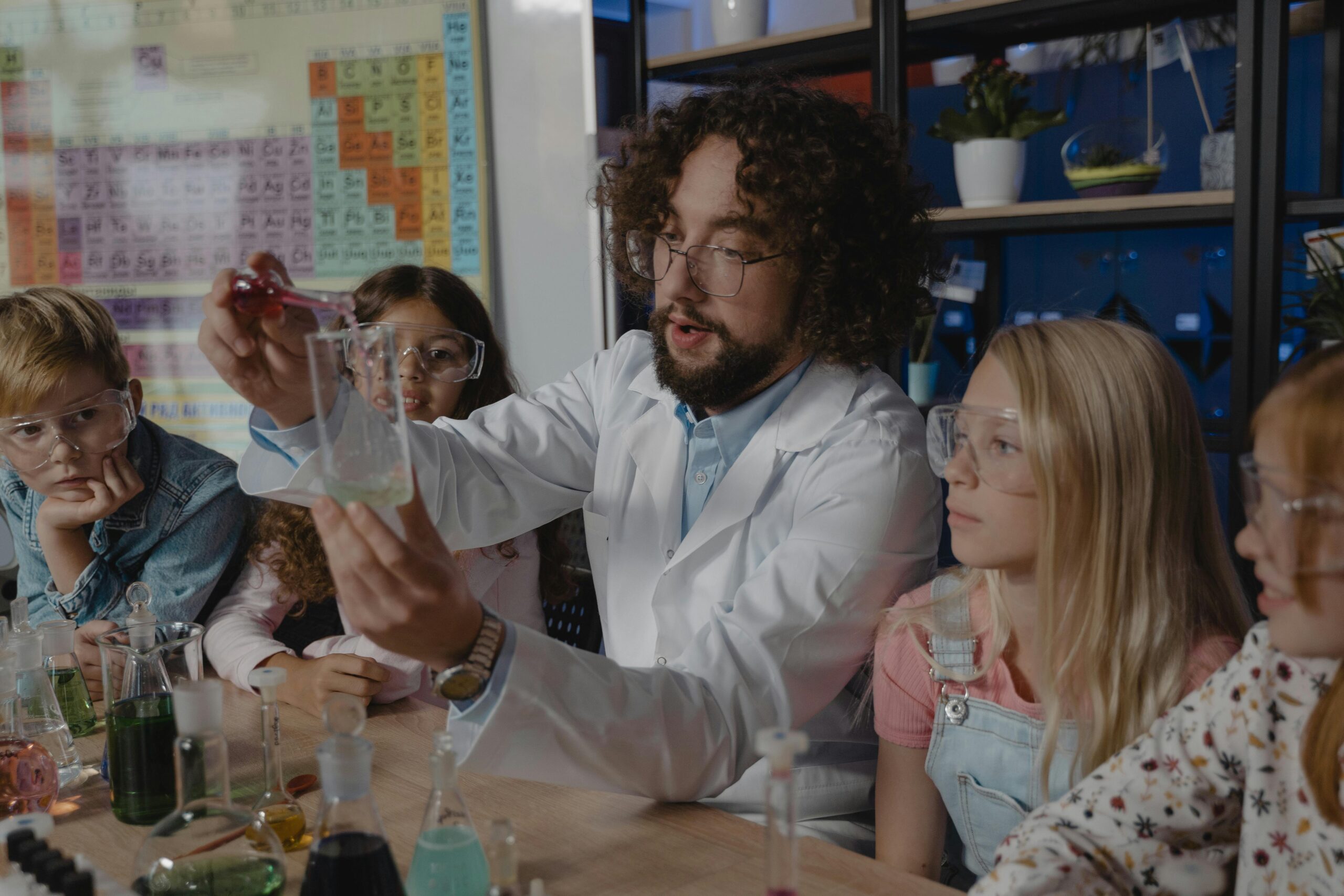
What Parents May Learn from Teaching Their Own Kids
One of the many viral Facebook posts spreading around the country is a note an eight-year-old boy named Ben wrote about how things were going at home now that his mom has assumed the task of being his teacher during this period of social distancing. To sum it up, Ben’s not so sure his mother is cut out for home-schooling.
Young Ben wrote:
“It is not going good. My mom’s getting stressed out. My mom is really getting confused. We took a break so my mom can figure this stuff out. And I’m telling you it is not going good.”
This humorous post has been shared nearly 300,000 times and has received loads of comments from parents who sympathize with Ben’s mother, Candace, who posted it. Candace was understandably entertained by it all.

Photo via Fox 5
What Will We Learn After This Is Over?
Like many of you, I’ve wondered how this COVID-19 pandemic will affect our habits and attitudes once we level the curve and life returns to normal. Will it be a new normal?
Here are my thoughts at this point.
1. Parents will gain a new appreciation for the daily grind of a teacher.
I’ll never forget watching an early episode of I Love Lucy where Ricky Ricardo and Lucy trade places. He learns just how difficult being a homemaker and mom really is, and, of course, Lucy experiences the challenges of Ricky’s job. I believe parents trading places with faculty will result in the same eye-opening experience. Guiding the learning of a student (especially a K-12 kid) is not as easy as it may appear. Many of our teachers are also parents who, during this pandemic, must teach their class virtually and their own children, too. Sort of makes you want to hug a teacher, doesn’t it?
2. Parents may realize that the teacher wasn’t the main problem at school.
One of the stereotypes of today’s generation of parents is that they tend to side with their children when problems arise at school: a poor grade, a fight, a missed assignment, bad behavior. Moms and dads seem to find an excuse to defend their children, feeling justified about being an advocate for them. Stereotypes almost always have a foundation of truth. I think millions of parents who defended their child in the past will discover their kids may actually be part of the problem in class. I just heard a mom joke about ripping the bumper sticker that reads, “My Kid is a Super Student” off her car. Parents may realize kids must be led better at home with consistent care and discipline. And maybe their teachers aren’t bad at all, but have the patience of the job.
3. Parents and teachers may both scrutinize what’s really important.
Once this pandemic is under control, we will all return to our routines, having scrutinized the subjects we are forced to teach our children. While many are timeless subjects and should continue being taught, some are antiquated and should be evaluated. Do we continue teaching these classes simply because they are core curriculum and have always been part of the lineup, or should we assess subjects based on what graduates genuinely need in the 21st century? A shakeup to our normal routines almost always enables us to see what we are doing clearly and ask the question: why?
Veronica is a neighbor of mine who’s a parent of three children, ages 7, 9, and 13. Heather is a neighbor who’s a middle school teacher. I just heard from Heather that she found a bouquet of flowers and a box of chocolates on her doorstep. It almost appeared to be a Valentine’s Day gift. But it wasn’t. Heather told me Veronica had delivered the gifts to her as an appreciation for all she does day in and day out. Veronica bought them on the third day of virtual classes. Sounds about right to me.






